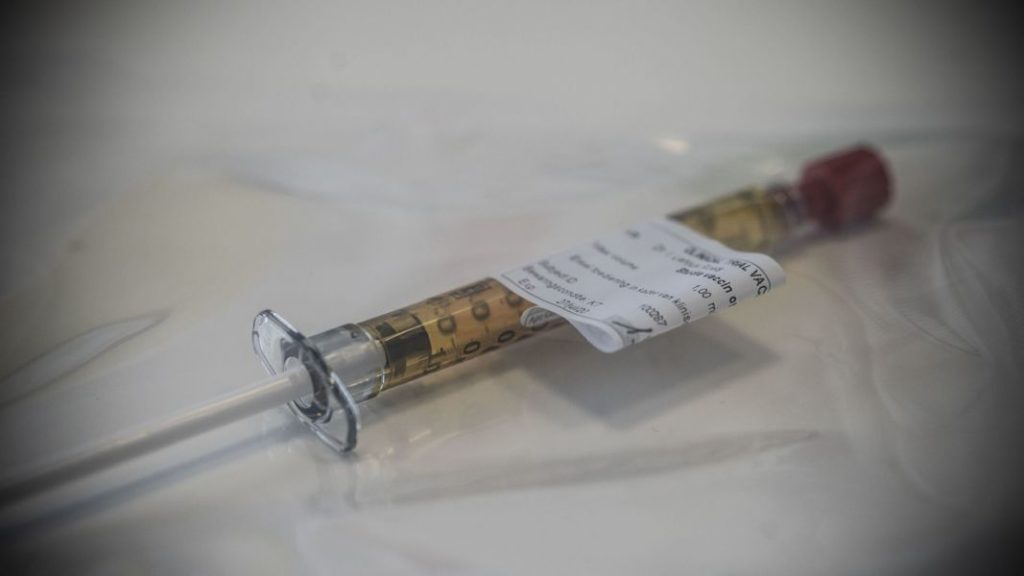An increasing number of people in Belgium have developed antibodies against the coronavirus, with a strong regional difference between Brussels, Wallonia and Flanders.
In total, approximately 14.4% of the Belgian population display antibodies against the coronavirus, according to a study conducted by Sciensano in collaboration with the Red Cross and published Wednesday.
At a regional level, the presence of antibodies is much lower in Flanders than in Wallonia or Brussels. Researchers detected antibodies in 10% of Flemish donors, compared to 18% in Wallonia and even 26% in Brussels.
Since the start of the epidemic, the Flemish Red Cross has been sending donor samples to Sciensano every two weeks to test for the presence of antibodies against the coronavirus among the healthy Belgian population. The organization also participated in the study on the French-speaking side.
To date, 16,000 samples have already been tested from a variety of donors.
Since the beginning of the second wave of Covid-19 cases, a strong increase in the number of blood donors carrying antibodies has been observed. It takes about two weeks after infection for a person to have antibodies in their blood.
"At the beginning of March, in Flanders, we had measured antibodies in only 2% of blood donors. This proportion then rose to about 5% and remained more or less stable until mid-October," explains Nena Testelmans, spokesperson for the Flemish Red Cross. "Since then, there has been a clear increase, to 14.4% at the end of November. This probably reflects the second wave.
The study may show the spread of the virus, but it does not change the vaccination strategy or how people should act.
"Just because there is a measurable amount of antibodies against the coronavirus in your blood does not mean you are sufficiently protected from further infection," the Red Cross stresses. "Whether you have antibodies or not, it is, therefore, important to continue to take all precautions to prevent the virus from spreading."
The Brussels Times

